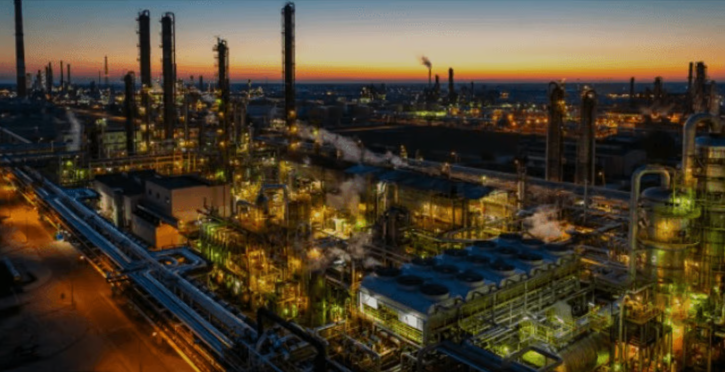
The European Commission has approved €158m state aid to support the LOTOS Green H2 project in Poland.
The aid will support the installation of an electrolyser with a capacity of 100MW, as well as the construction of 50MW photovoltaic power plant and 20MWh battery storage.
The electrolyser is expected to start operating as of 2027 and to gradually increase its production up to 13,600 tonnes of renewable hydrogen per year. Once completed, the project is expected to avoid the release of a total of 2.5 million tonnes of carbon dioxide over the project lifetime.
In addition, to maximise the reduction of greenhouse gas emissions, hydrogen will be produced solely with electricity generated from renewable sources.
Poland notified to the Commission its plan to support LOTOS’s Green H2 project to produce renewable hydrogen through water electrolysis instead of through steam methane reforming using natural gas. The renewable hydrogen will be used in the fuel production processes in PKN Orlen’s refinery in Gdansk.
Margrethe Vestager, Executive Vice-President in charge of competition policy, said the measure helps the deployment of renewable hydrogen production and allows for a partial decarbonisation of refinery activities.
She said, “This will contribute to the greening of a very energy-intensive sector, in line with our commitment to transition to a Net Zero economy. At the same time, it ensures that any potential competition distortions are kept to the minimum.”
The measure will contribute to the achievement of the EU Hydrogen Strategy and the European Green Deal targets, while helping end dependence on Russian fossil fuels and fast forward the green transition in line with the REPowerEU Plan.
Poland selected the Green H2 project, in the context of an open call, to form part of an IPCEI on hydrogen technologies and systems. The Green H2 project intends to reduce greenhouse gas emissions in the energy-intensive and hard-to-abate refinery sector.
The 2022 Guidelines on State aid for climate, environmental protection and energy 2022 (CEEAG) aim to help Member States meet the EU’s ambitious energy and climate targets at the least possible cost for taxpayers and without undue distortions of competition in the single market.
The European Climate Law in force since July 2021, which enshrines the 2050 climate neutrality objective and introduces the intermediate target of reducing net greenhouse gas emissions by at least 55% by 2030, sets the ground for the ‘Fit for 55‘ legislative proposals presented by the Commission in July 2021.
Among these proposals, the Commission has presented amendments of the Renewable Energy Directive and the Energy Efficiency Directive with more ambitious binding annual targets to increase the production of energy from renewable sources and reduce energy use at EU level.
In July 2020, the Commission published its EU Hydrogen Strategy, setting ambitious goals for clean hydrogen production and use, and launched the European Clean Hydrogen Alliance, bringing together the European hydrogen community (industry, civil society, public authorities).
Last October, it was announced that three publicly accessible hydrogen filling stations will be built by PKN ORLEN in Wałbrzych, Poznań and Katowice. The contract was signed with the National Fund for Environmental Protection and Water Management.
In September, the company received a decision to approve an application in the amount of over PLN60m of non-returnable funding from the EU CEF Transport Alternative Fuels Infrastructure Facility for the construction of public hydrogen refuelling stations in Bielsko-Biała, Gorzów Wielkopolski, Krakow, Warsaw and Piła. They will be commissioned in mid-2025.
According to the ORLEN Group’s hydrogen strategy by 2030, more than 100 hydrogen filling stations will be built in Central Europe for individual, public and cargo transport, road and rail (there will be about 57 in Poland, 28 in the Czech Republic and 26 in Slovakia).
The supply of hydrogen to the stations will be possible thanks to the construction of a European network of hydrogen hubs powered by renewable energy sources and innovative installations for converting municipal waste into zero- and low-emission hydrogen by 2030. By which time, the ORLEN Group will allocate approximately PLN7.4bn to hydrogen investments.